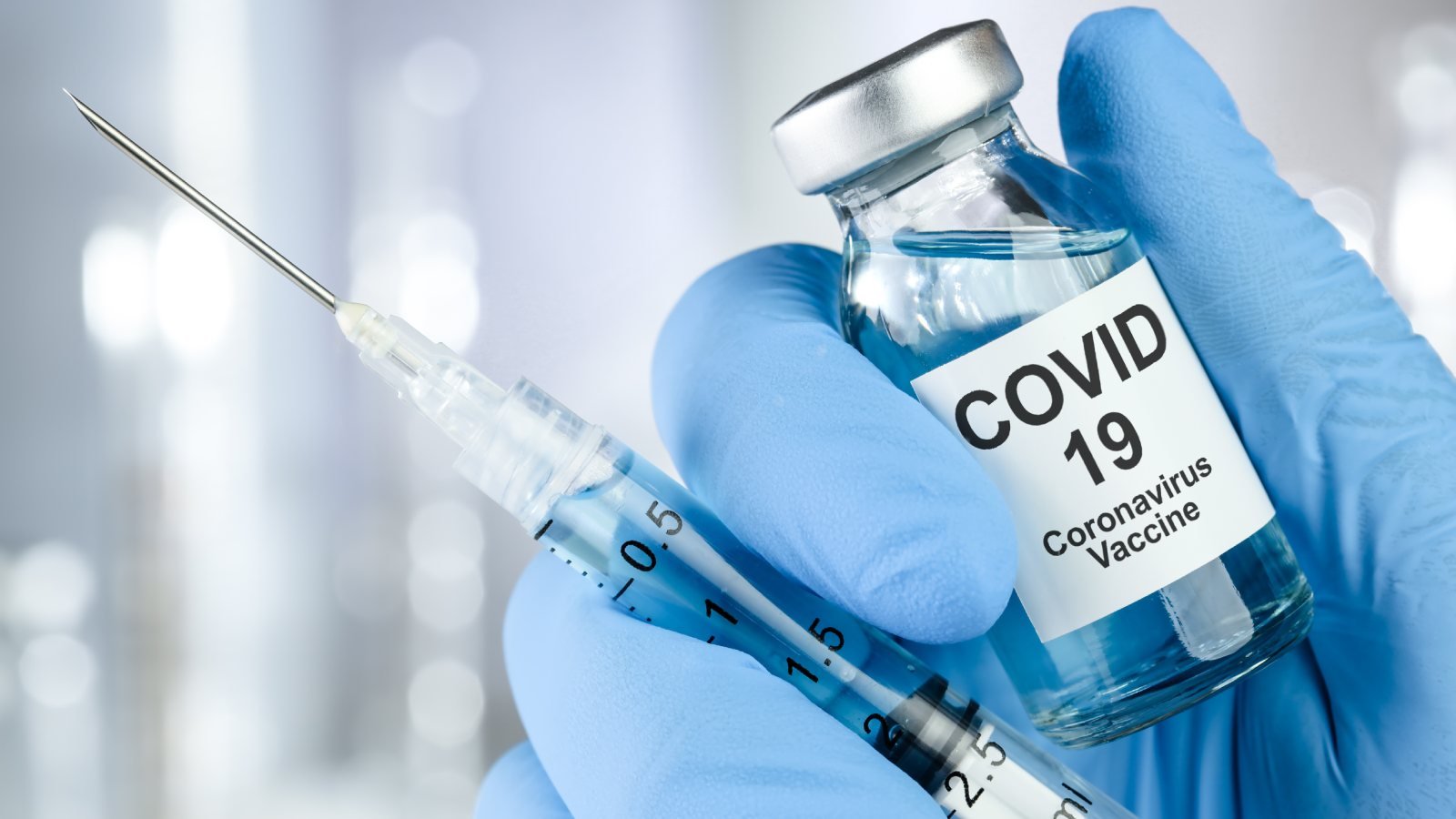Recent studies by ICMR and NCDC investigated the causes of sudden deaths among young adults in India. Findings show no link between Covid-19 vaccine and sudden deaths or heart attacks.
There has been growing concern about a possible link between the Covid-19 vaccine and sudden deaths, especially among young people. This is due to the rise in the number of heart attacks and cardiac arrest cases. In response, the Ministry of Health and Family Welfare issued a statement on Wednesday saying there is no evidence of such a link. They cited extensive studies by ICMR and AIIMS, which found no connection between the Covid-19 vaccine and sudden deaths. Instead, the ministry explained that factors like genetics, unhealthy lifestyle choices, existing health conditions, and complications after recovering from coronavirus are more likely causes of these sudden deaths.
Is there a link between Covid-19 vaccine and sudden death?
This question has raised concerns after a rise in heart-related issues among young people. India uses two approved Covid-19 vaccines: Covishield and Covaxin, which have been effective in improving immunity against the virus. While some have linked the increase in heart attacks to vaccination, studies by the Indian Council of Medical Research (ICMR) and the National Centre for Disease Control (NCDC) confirm that the vaccines are safe, with serious side effects being extremely rare. Their research shows no evidence that Covid-19 vaccines increase the risk of sudden death. Instead, factors like genetics, existing health problems, lifestyle choices, and post-Covid complications are more likely to contribute to unexpected cardiac events.

Studies conducted by ICMR and NCDC
The ICMR and the NCDC have been working together to understand the causes of sudden, unexplained deaths, especially among young adults aged 18 to 45. To explore this, two studies were launched using different research methods, one based on past hospital data and another involving real-time investigations.
No link between Covid-19 vaccine and sudden death
The first study, conducted by ICMR’s National Institute of Epidemiology (NIE), was titled “Factors associated with unexplained sudden deaths among adults aged 18-45 years in India.” It took place from May to August 2023 across 47 major hospitals in 19 states and Union Territories. The study focused on healthy individuals who died suddenly between October 2021 and March 2023. The results clearly showed no connection between Covid-19 vaccination and sudden deaths in young adults.
No link between Covid-19 vaccine and heart attacks
The second study, “Establishing the cause in sudden unexplained deaths in young,” is being conducted by AIIMS, New Delhi, in collaboration with ICMR. This ongoing study has found that heart attacks (myocardial infarctions) remain the most common cause of sudden death in young people. No new trends or changes were observed compared to previous years. In many cases, genetic mutations were found to be a possible cause. The final results will be shared once the study is complete.

How to reduce the risk of a heart attack?
Here are 7 simple tips to reduce the risk of a heart attack:
1. Eat a heart-healthy diet
Focus on a balanced diet rich in fruits, vegetables, whole grains, lean proteins, and healthy fats. Avoid processed foods, excess salt, and trans fats.
2. Exercise regularly
Aim for at least 30 minutes of moderate physical activity most days of the week. Walking, jogging, cycling, or swimming can strengthen your heart and improve blood circulation, as per the American Heart Association.
3. Quit smoking
Smoking significantly increases the risk of heart disease. Quitting improves heart health and also reduces the chances of heart attack or other heart problems,.
4. Manage stress
Chronic stress can lead to high blood pressure and unhealthy habits. Practice relaxation techniques like deep breathing, yoga, or meditation.
5. Maintain a healthy weight
Being overweight puts extra strain on your heart. So, make sure you maintain a healthy weight to reduce the risk of a heart attack.
6. Monitor blood pressure and cholesterol
Keep your blood pressure, cholesterol, and blood sugar levels in check with regular screenings, and follow your doctor’s advice if levels are high.
7. Get enough sleep
Aim for 7–8 hours of quality sleep per night. Poor sleep can raise the risk of high blood pressure, obesity, and heart disease.
Get latest updates on health and wellness along with Health News






